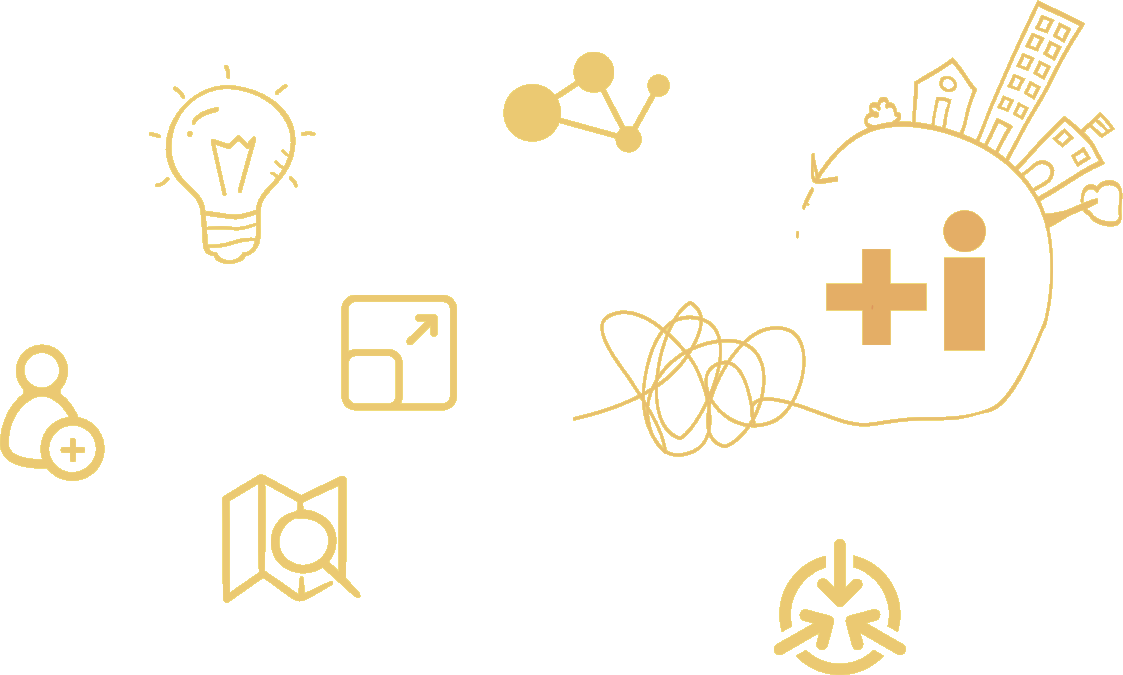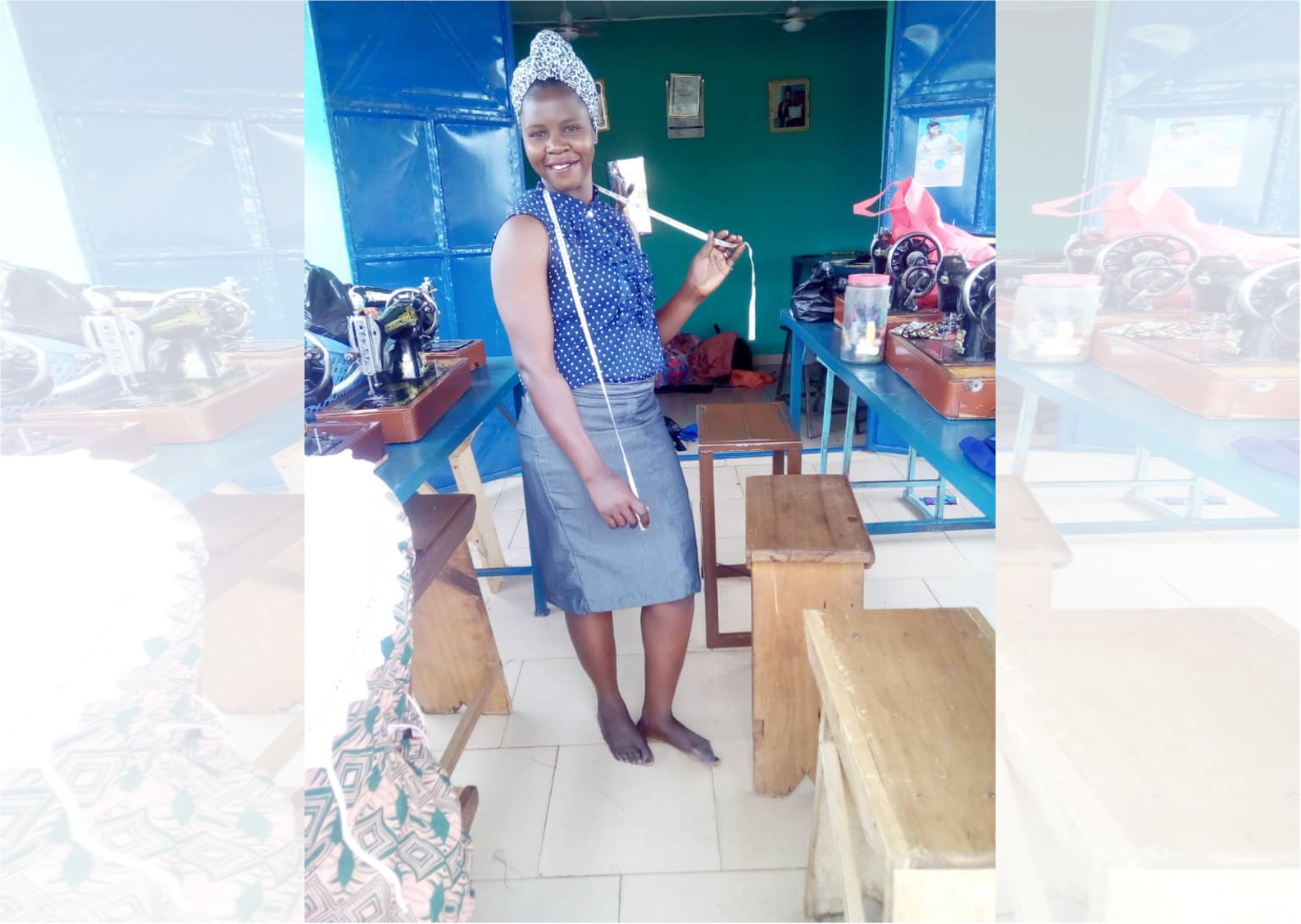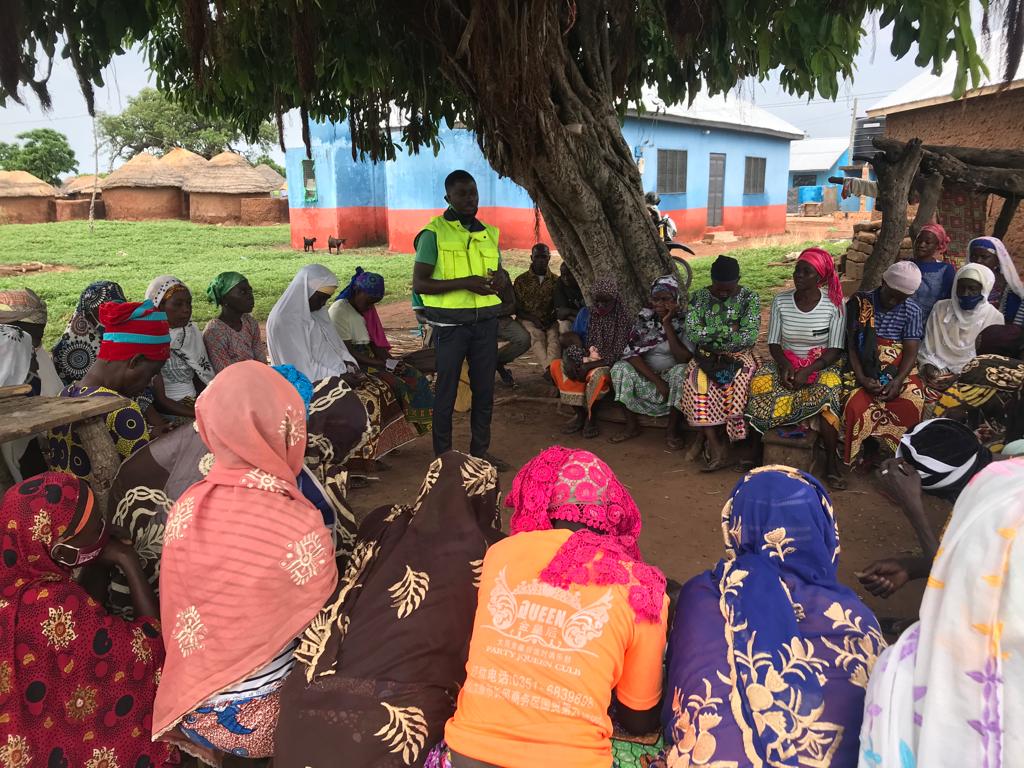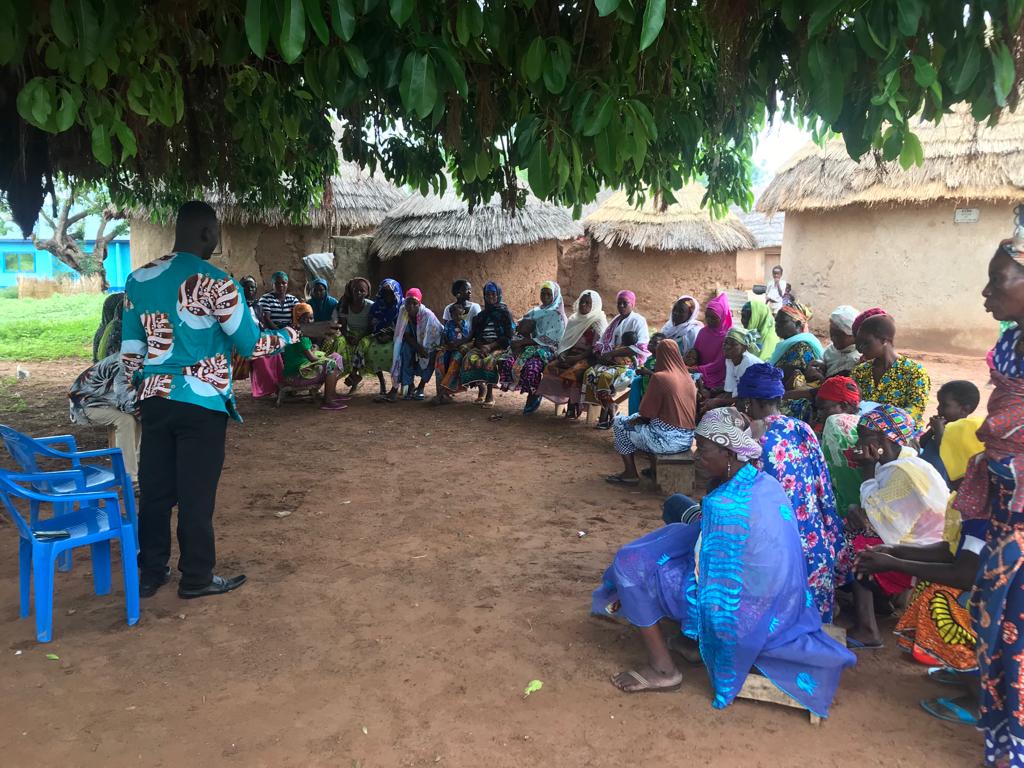Blandina Academy: empowering young women

Municipality
Category / Sub-Category / Topic
Human development, Gender
Type of investment needed
Grant
The challenge
The project
Know more...
Investment
(*): In kind/pro bonus
(**): Financing
Funds
Needed
Covered
Solicited
Investment
(*): In kind/pro bonus
(**): Financing
(*) (**)
u$s 13446.00
u$s 0.00
u$s 13446.00
(*) (**)
u$s 750.60
u$s 0.00
u$s 750.60
(*) (**)
u$s 12000.00
u$s 0.00
u$s 12000.00
(*) (**)
u$s 500.00
u$s 0.00
u$s 500.00
(*) (**)
u$s 273.13
u$s 0.00
u$s 273.13
(*) (**)
u$s 19089.00
u$s 0.00
u$s 19089.00
(*) (**)
u$s 400.00
u$s 0.00
u$s 400.00
(*) (**)
u$s 600.00
u$s 0.00
u$s 600.00
Funds
Needed
Covered
Solicited
Purchase of industrial training equipment and materials (*) (**)
u$s 13446.00
u$s 0.00
u$s 13446.00
Funds
Needed
Covered
Solicited
Designing of curriculum for the program (*) (**)
u$s 750.60
u$s 0.00
u$s 750.60
Rent of the building during the first year (*) (**)
u$s 12000.00
u$s 0.00
u$s 12000.00
Opening ceremony/launching (*) (**)
u$s 500.00
u$s 0.00
u$s 500.00
Graduation and certification ceremony (*) (**)
u$s 273.13
u$s 0.00
u$s 273.13
Funds
Needed
Covered
Solicited
Employment of experienced instructors and administrative personnel (*) (**)
u$s 19089.00
u$s 0.00
u$s 19089.00
Funds
Needed
Covered
Solicited
Community sensitization (*) (**)
u$s 400.00
u$s 0.00
u$s 400.00
Social media sensitization eg. Radio (*) (**)
u$s 600.00
u$s 0.00
u$s 600.00



